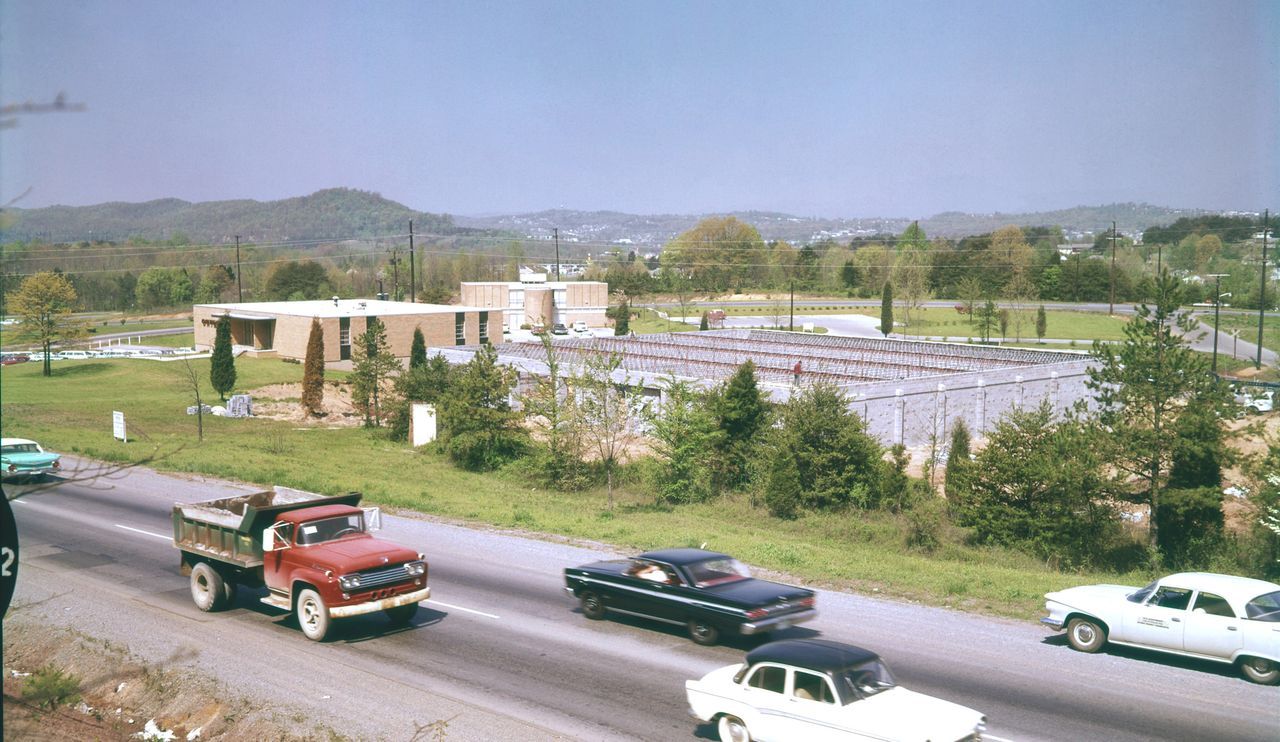Beware the ethical car

On Tuesday, Lyft released a dataset for self-driving car development, along with a blog post. Here's a snippet:
Avoidable collisions, single-occupant commuters, and vehicle emissions are choking our cities, while infrastructure strains under rapid urban growth.
And that translates to an efficient ecosystem of connected transit, bikes, scooters, and shared rides from drivers as well as self-driving cars. Solving the autonomous vehicle challenge is not just an option — it’s a necessity.
And then the CEO’s quote:
Not only can self-driving tech save two lives every single minute, it is essential to combat climate change by allowing people to ditch their cars for shared electric transportation. Lyft is committed to leading this transportation revolution.
Here's what's they're doing: by co-opting the language of climate change, companies are going to try and make cars ethical.
Evidence so far
We should be wary. First, because ridesharing has already claimed to reduce emissions and traffic congestion, and has done the opposite.
See, Lyft claimed in 2015 that their service harmonized with public transit, rather than competed with it. That didn't work out. Not only have they stolen trips from public transit, they’ve reduced support for transit and replaced walking & biking trips, too. They’ve increased traffic deaths by 2-3%, while increasing the number of cars on the streets.
Improved cars are a suspiciously convenient change agenda
California, eager to top its subsidy of mansions as blindingly regressive policy, decided to subsidize electric cars to the tune of $7,500 each, in the form of a tax credit. Tax credits, of course, are wealth transfer from some taxpayers to others: and in this case, we're transferring our money to the deserving buyers of $90,000 sports cars.
That isn't enough: we also allowed electric cars to drive in HOV lanes for years, until too many did so, traffic built up again, and the perk was removed.
While we subsidize the rich, we subsidize public transit less than almost everywhere else and make a grisly show of cracking down on fare evasion.
Space and selfishness
Lyft links to two articles in their blog post - one to a Washington Post 'brand studio' (sponsored, ghostwritten) article, and the other to The Atlantic. The Washington Post article is there to substantiate the climate change claim and here's the crux of its argument:
Fulton’s analysis found little societal or environmental benefit from driverless vehicles unless they are both electric and shared.
Which brings us to the question of self-driving technology: will it be used for shared, communal transit like public transit works today, or will it be a way for rich people to have private luxury rooms?
All current signs point to the worse scenario. Here's the carpooling, from the Washington Post article:
Carpooling peaked during the 1970s energy crisis, then dropped to 9 percent in 2014 from 20 percent in 1980.
Here's what Elon Musk thinks of public transit.
“It’s a pain in the ass,” he continued. “That’s why everyone doesn’t like it. And there’s like a bunch of random strangers, one of who might be a serial killer, OK, great. And so that’s why people like individualized transport, that goes where you want, when you want.”
Would Musk encourage people to carpool in their self-driving Teslas? Do serial killers own Teslas? This hasn't been an issue so far, because Tesla owners can drive by themselves in carpool lanes.
Or consider how people reacted to increasing vehicle efficiency, and were given the choice: save the environment, or bigger cars?
The global S.U.V. boom is a roadblock in the march toward cleaner cars that has been aided by advances in fuel-saving technology and hybrid or electric vehicles. Compared to smaller cars, S.U.V.s are less efficient, generally by about 30 percent.
Cars are a broken format. We shouldn't give them a lifeline, or a new coat of paint, and society shouldn't find a way to assuage the guilt that surrounds them.
Sure, cars should be electric. There are a lot of places in the world where transportation infrastructure isn't sufficient and cars are the native transportation medium. Maybe they should be self-driving too, if the technology is safer than human drivers. Right now, it isn't.
But to a large extent this is a zero-sum problem. Ridesharing already has substantially hurt public transit. The blue sky dream of self-driving cars is spawning galaxy-brain reckons like replacing the subway with underground highways, or replacing the subway with tunnels. These dreams are built around selfishness: they always offer private pods flying through space. Hyperloop promotional material portrays it as an alternative to being on the surface, with all those other people.
Avoiding climate catastrophe is obviously necessary, and we should consider all the options. But it's hard to believe in car-centric solutions that don't come with a vision of social and cultural change.